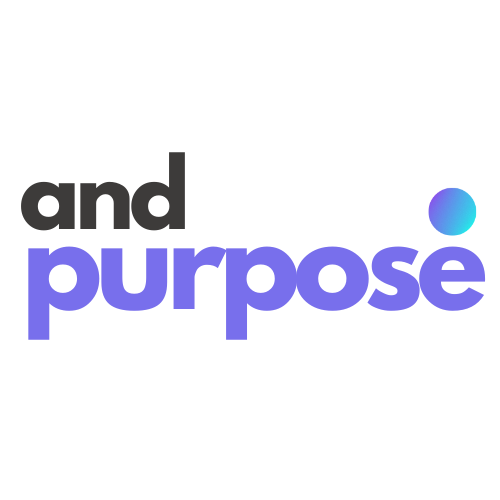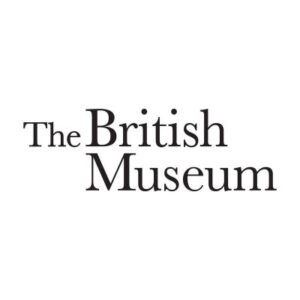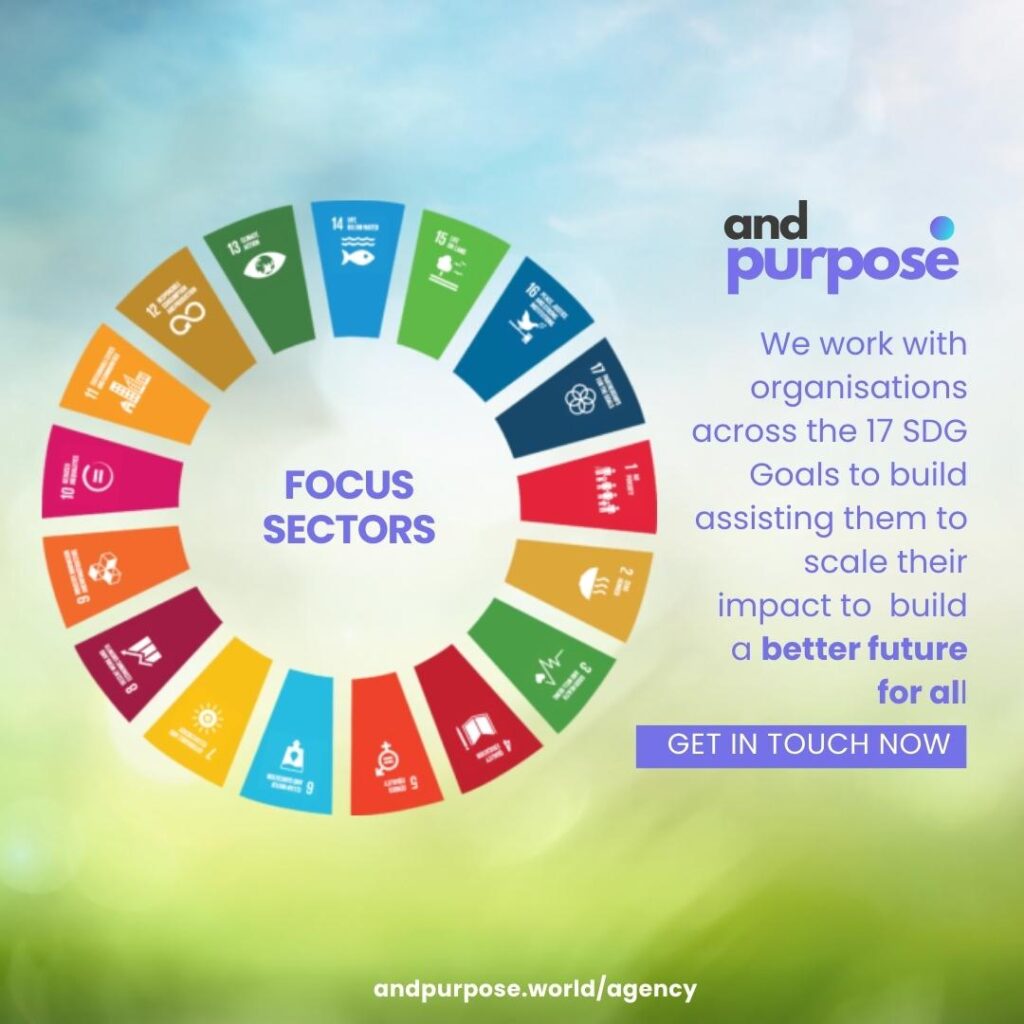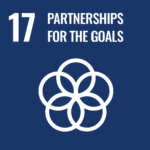About Organisation
The Endangered Archives Programme (EAP) is run by the British Library, with funding from the charitable foundation Arcadia. Its mission is to preserve and provide access to documentary heritage around the world that is vulnerable to decay, neglect, or loss. Since 2004, EAP has supported over 500 projects across more than 90 countries, digitizing rare manuscripts, printed works, photographs, audio recordings, and other archival materials in diverse and often under-resourced settings. The British Library ensures that digitized collections remain accessible through both local repositories in the country of origin and via its own digital platforms. The programme emphasizes respect for local cultures, the rights of communities and copyright holders, and the importance of ensuring that archival material remains in the country where it originated. EAP also builds local capacity by including training in archival practices and digitisation methods, so that partner institutions can sustain preservation work beyond the grant period.
About the Grant
This grant supports projects that locate, document, digitise, and preserve archival material that is endangered due to environmental factors, neglect, or other threats. The material eligible may include manuscripts, rare printed texts, photographs, sound recordings, newspapers, etc., particularly those predating the mid-twentieth century (though some overlapping later material may be accepted). The programme offers different sizes of grants: Pilot Projects (up to £15,000, 12-month duration) for smaller-scale surveys or digitisation, Major Projects (up to £60,000, 24-month duration) for collections with greater scope, and Area Projects (the largest size, up to £150,000, 24-month duration), reserved for institutions with experience in archival work. Projects must demonstrate urgency, scholarly or cultural value, feasibility of digitisation, and a plan for long-term storage and access. The grant cycle runs annually—the call opens around September, preliminary applications are due in November, detailed applications in February, and successful projects start between July and the following February.
Who can Apply?
Eligible applicants include: recognized non-commercial institutions such as universities, libraries, archives, or research organisations; professional archivists or librarians; and, in some cases, independent researchers (especially with supporting credentials and institutional backing). The project must involve a “host institution” that will be responsible for administering the grant and meeting reporting requirements. Applicants should be able to demonstrate experience or capacity in handling fragile archival materials or managing digitisation or cataloguing workflows. Projects must include local archival partners in the country of collection, and plans for training local staff and ensuring sustainability. Materials must be endangered and usually date from before the mid-20th century, though exceptions exist for collections that straddle that cutoff. Applicants must have legal permissions or rights to digitise the material and make it accessible; issues of copyrights, permissions, and ethical use must be addressed. The original archive should remain in the country of origin; digitised versions are shared broadly.
How to Apply?
Apply via the online portal when the call opens (typically in September). First submit a Preliminary Application outlining your project objectives, endangered material, and justification. If invited, send a Detailed Application including project plan, team credentials, permissions, budget, and timeline. Reviewed by experts. Ensure you have all permissions, ethical clearances, and archival partner support.
Application Deadline
Preliminary applications are usually due in November; Detailed applications due around February of the grant cycle. Projects begin between July and February following selection.
Last Date To Apply
For more information, please visit the grant website here.









